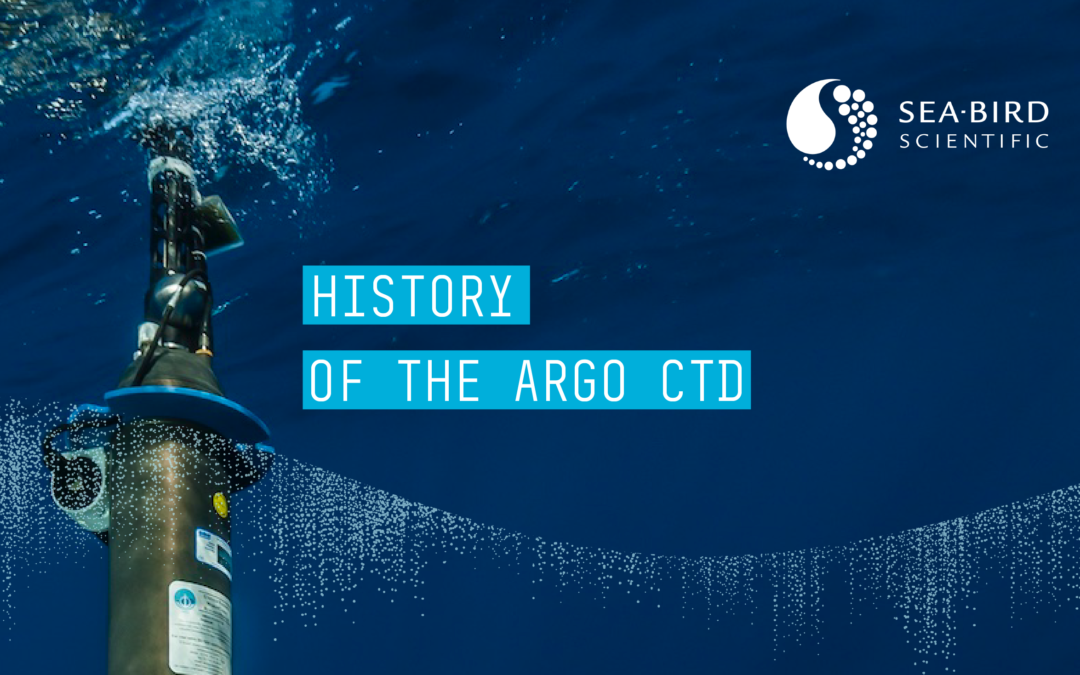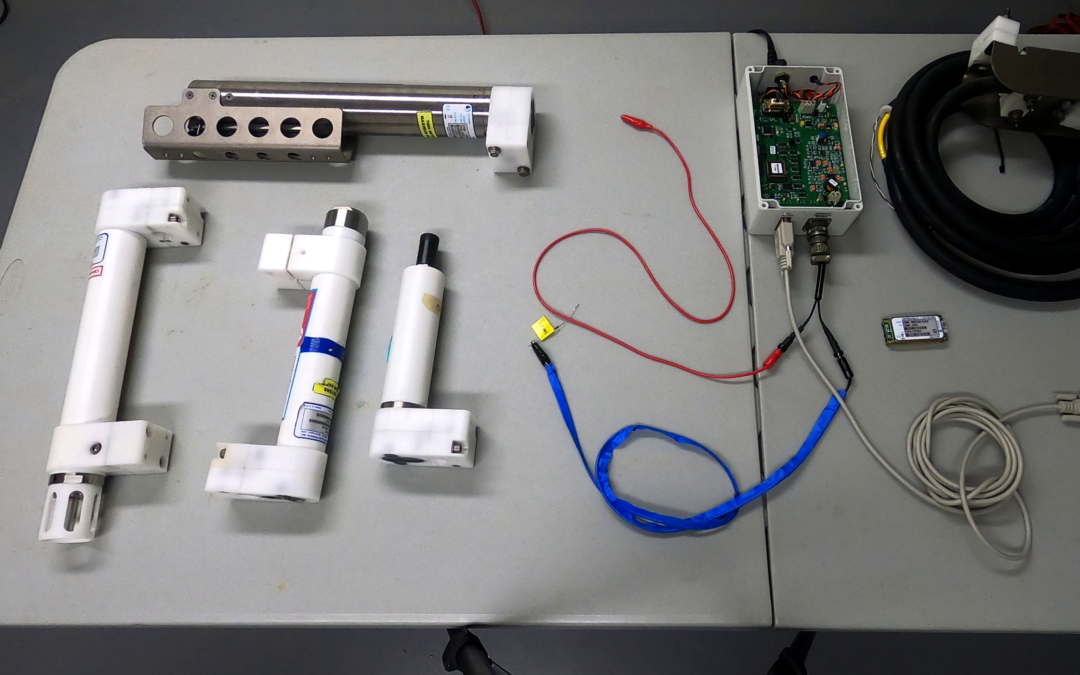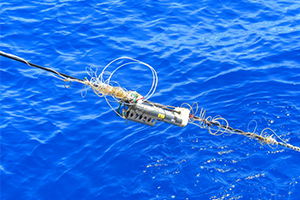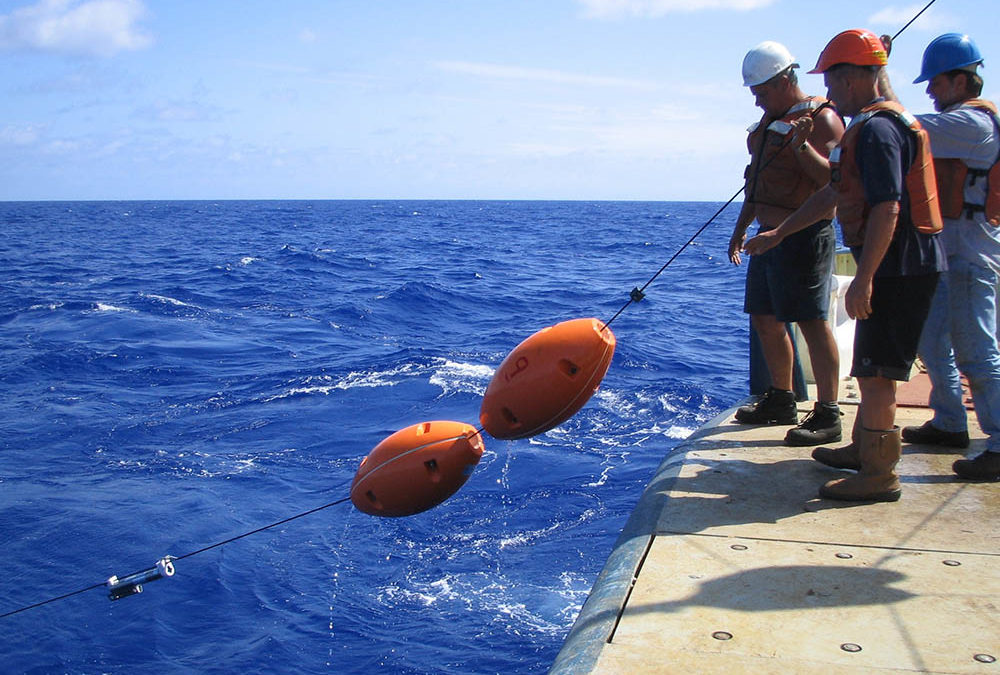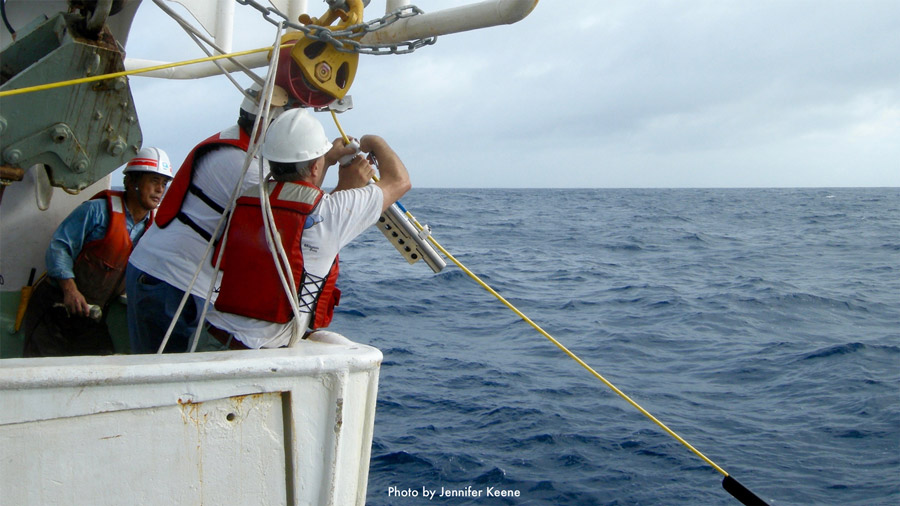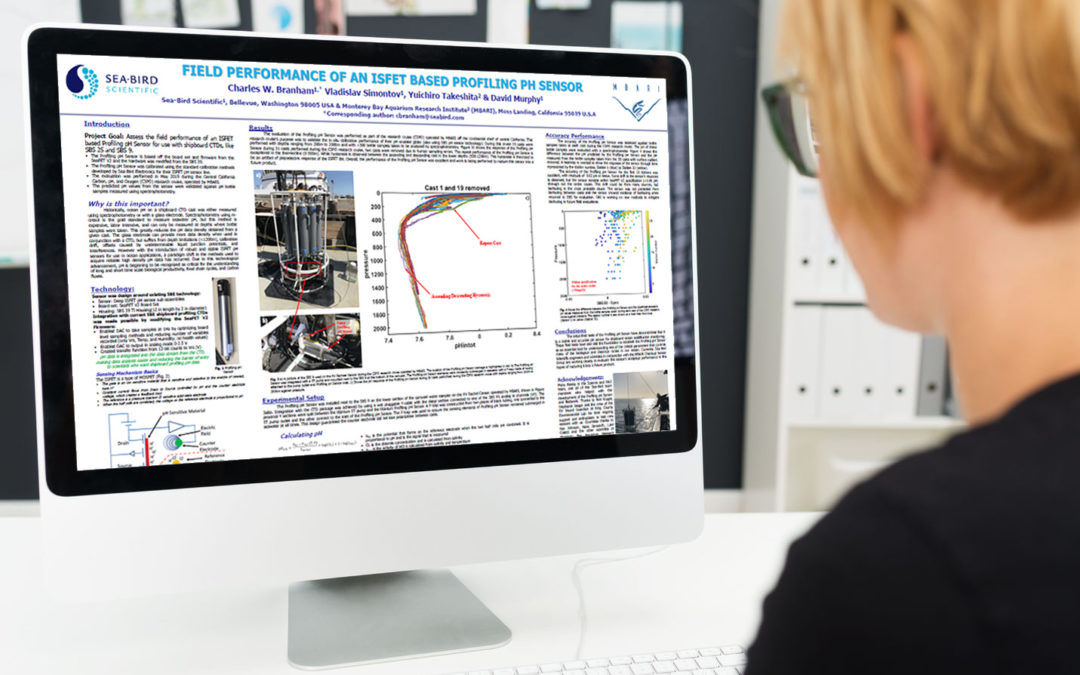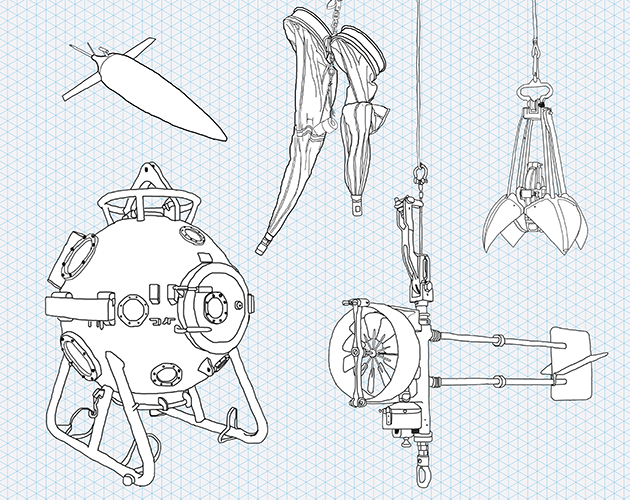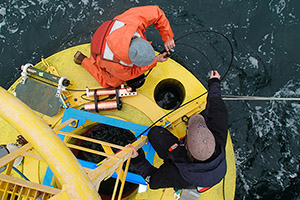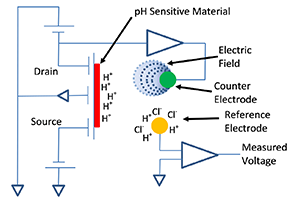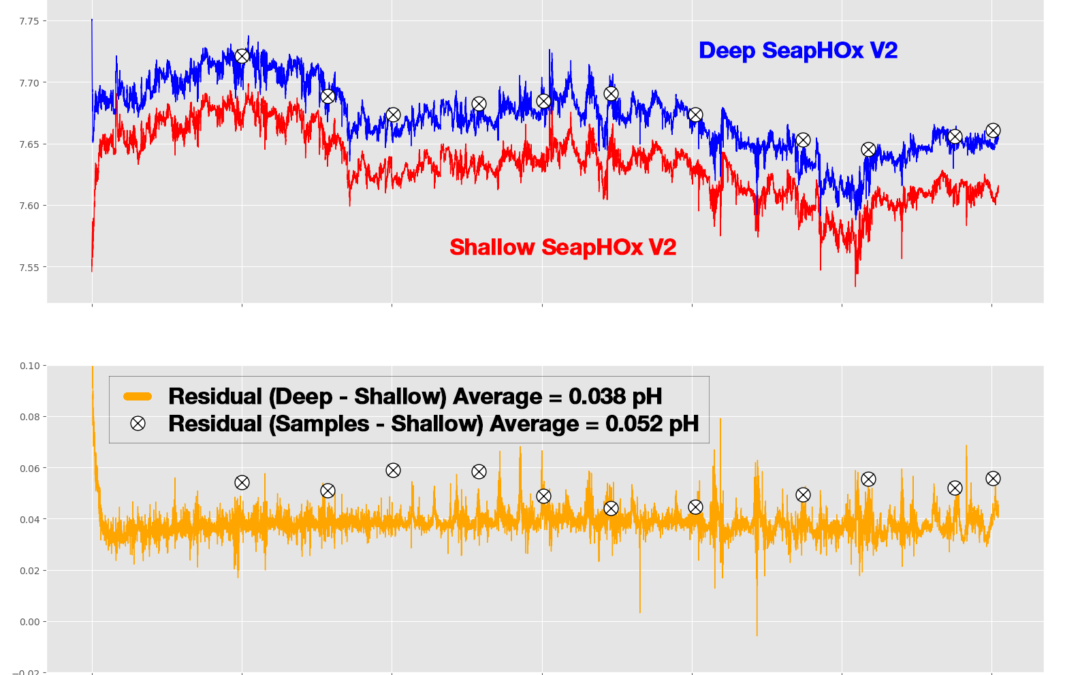Believe it or not, the first profiling floats couldn’t measure temperature and salinity. They solely traced ocean currents, totally ignorant of the sweet CTD data they were passing by. Adding a CTD changed the game. Learn more about the early beginnings of Argo, and how Sea-Bird’s first float CTD helped change the face of oceanography.
